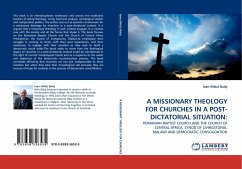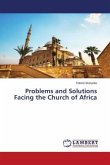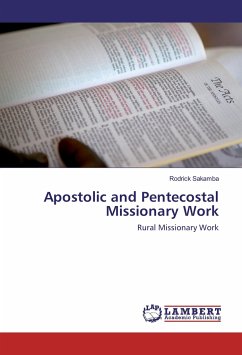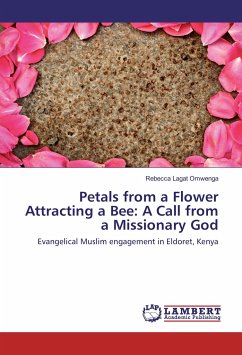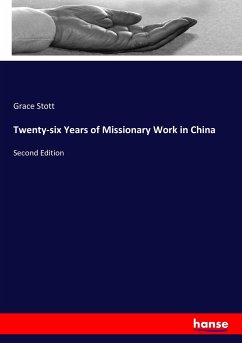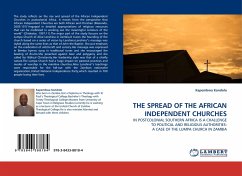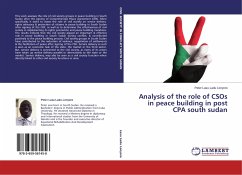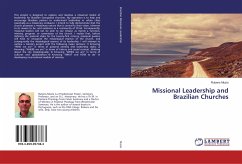This book is an interdisciplinary endeavour and crosses the traditional borders of doing theology. Using historical analysis, sociological studies and comparative politics, the author sets out to provide a framework for a missionary theology for churches in a post-dictatorial context. It is argued that a missionary theology in such context engages in a creative way with the society and all the forces that shape it. The book focuses on the Romanian Baptist Church and the Church of Central Africa Presbyterian, the Synod of Livingstonia, Malawi,to investigate their struggle in coming to terms with their past experiences, and their endeavour to engage with their societies as they seek to build a democratic social order.The book seeks to show how the theological legacy of churches in a post-dictatorial context could be transformed in the light of current missiological trends and as a response to the needs and objectives of the democratic reconstruction process. The book concludes affirming that churches are not just indispensable to these societies but when they take their missiological call seriously they are sources of hope for societies in the process of democratic consolidation.
Bitte wählen Sie Ihr Anliegen aus.
Rechnungen
Retourenschein anfordern
Bestellstatus
Storno

